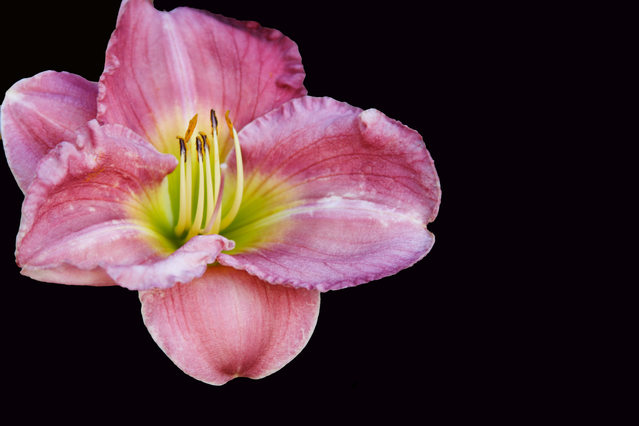 This week, James E. Craigie, MD, of The Center for Natural Breast Reconstruction answers your question.
This week, James E. Craigie, MD, of The Center for Natural Breast Reconstruction answers your question.
Question: In late July 2012, I had a lumpectomy for St 1 invasive ductal carcinoma and a few lymph nodes. I now have my original DD with very dense tissue, and a large C that I actually like because of the location of the tumor-it gave me a bit of a lift. Honestly, I would love to have the bigger breast reduced, as if it also had a tumor removed from the same area, so they match better. Have you ever done that? Thank you for your time.
Answer: Thank you for your question. Yes, you have a good point, and I have done that before on multiple occasions. It is much better to reduce your non cancer breast than to attempt to alter the breast that has been treated with radiation. It is very fortunate that the lumpectomy and radiation left your breast in a desirable shape and size. If you would like more information, let us know.
Have a question about breast reconstruction or post-surgical you’d like answered from our surgical team? Just ask!
 This week, James E. Craigie, MD, of The Center for Natural Breast Reconstruction answers your question.
This week, James E. Craigie, MD, of The Center for Natural Breast Reconstruction answers your question.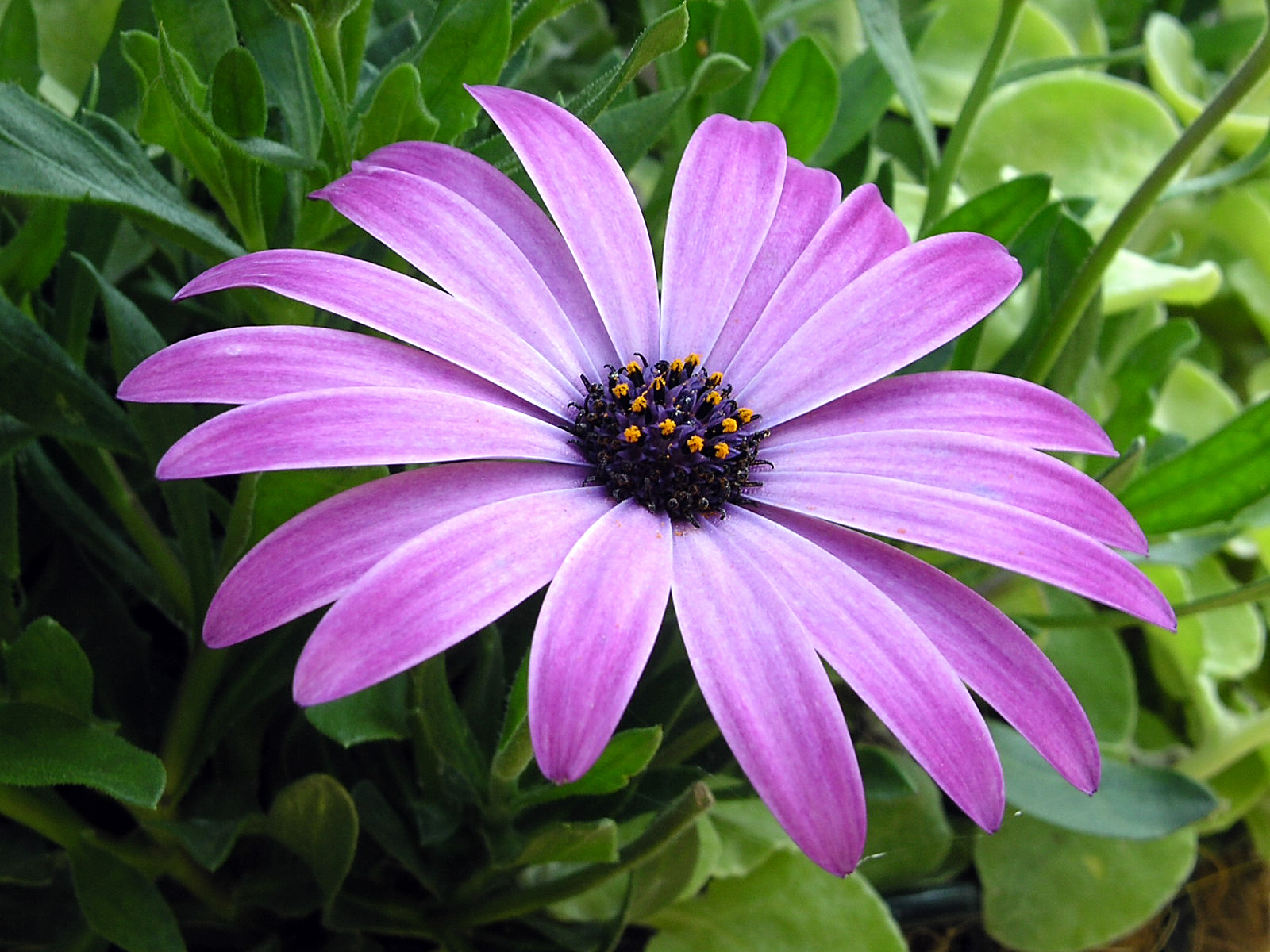 This week, James E. Craigie, MD, of The Center for Natural Breast Reconstruction answers your question.
This week, James E. Craigie, MD, of The Center for Natural Breast Reconstruction answers your question.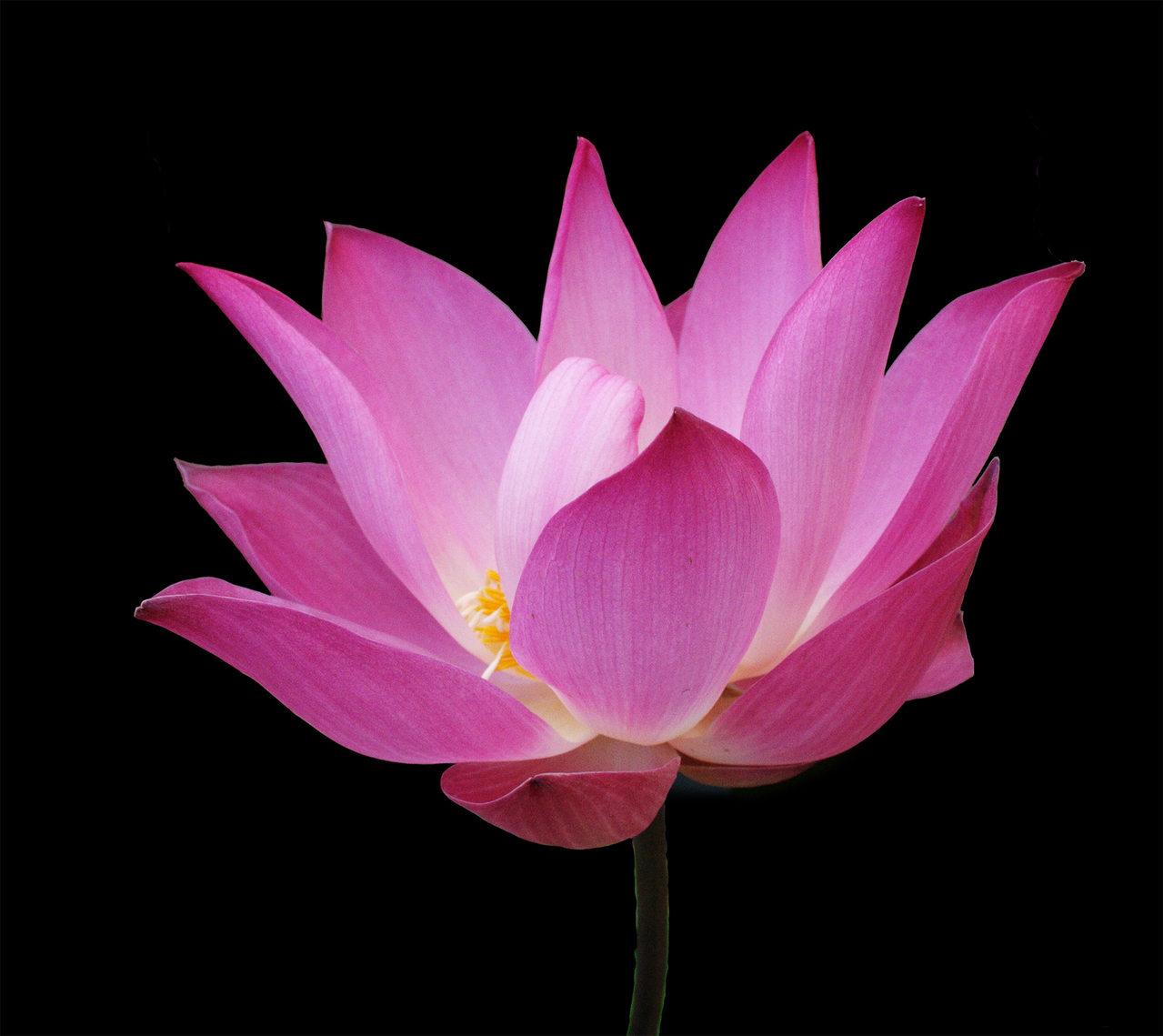 This week, James E. Craigie, MD, of The Center for Natural Breast Reconstruction answers your question.
This week, James E. Craigie, MD, of The Center for Natural Breast Reconstruction answers your question.
 This week, James E. Craigie, MD, of The Center for Natural Breast Reconstruction answers your question.
This week, James E. Craigie, MD, of The Center for Natural Breast Reconstruction answers your question. This week, James E. Craigie, MD, of The Center for Natural Breast Reconstruction answers your question.
This week, James E. Craigie, MD, of The Center for Natural Breast Reconstruction answers your question.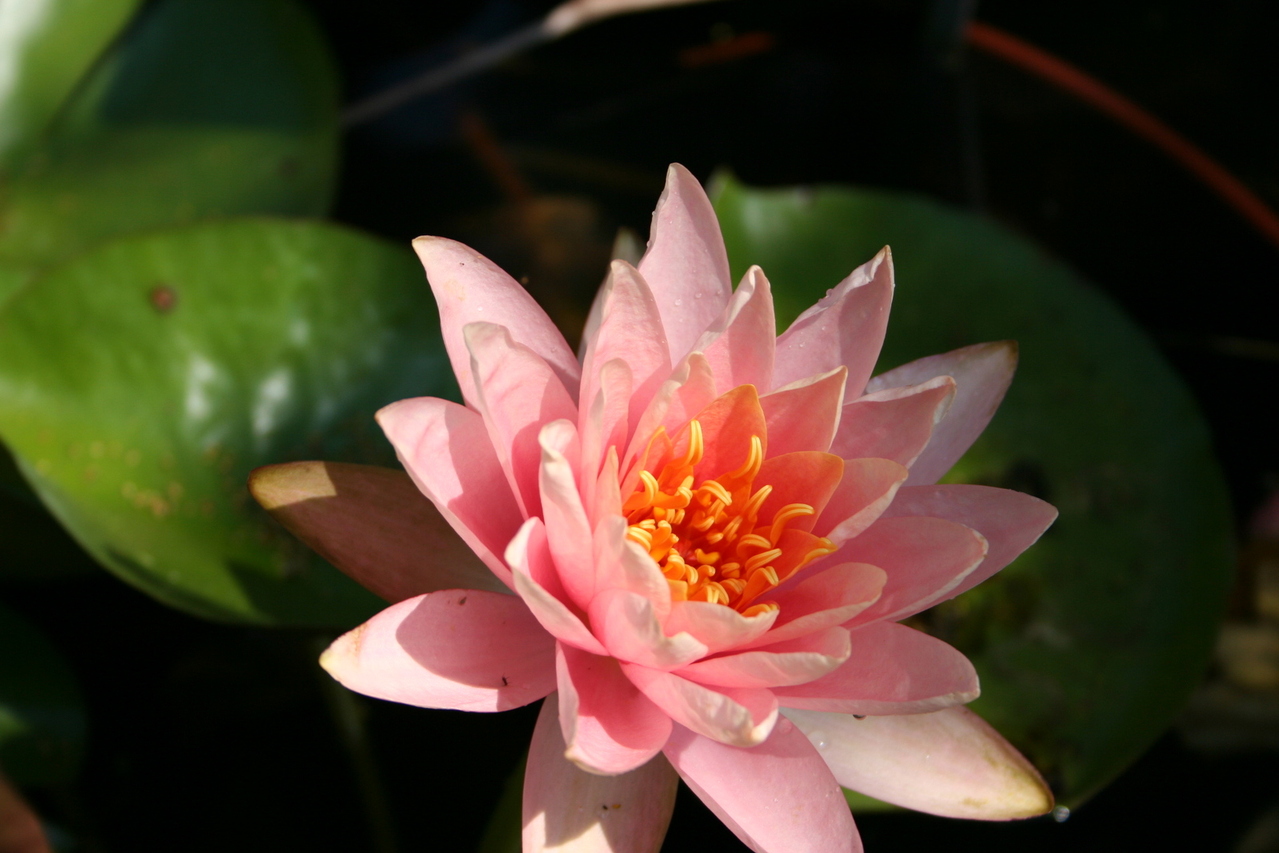 This week, James E. Craigie, MD, of The Center for Natural Breast Reconstruction answers your question.
This week, James E. Craigie, MD, of The Center for Natural Breast Reconstruction answers your question. This week, James E. Craigie, MD, of The Center for Natural Breast Reconstruction answers your question.
This week, James E. Craigie, MD, of The Center for Natural Breast Reconstruction answers your question.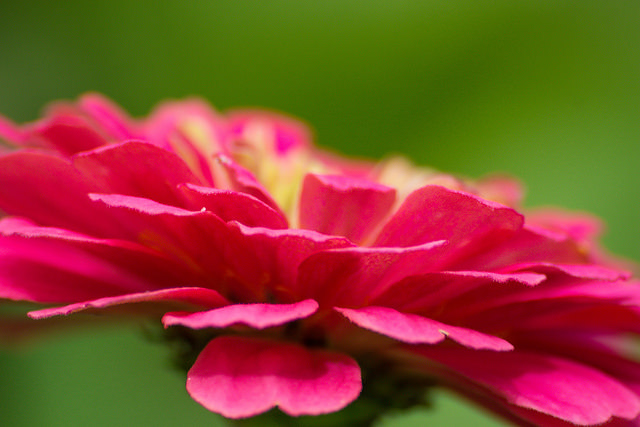 This week, James E. Craigie, MD, of The Center for Natural Breast Reconstruction answers your question.
This week, James E. Craigie, MD, of The Center for Natural Breast Reconstruction answers your question.




